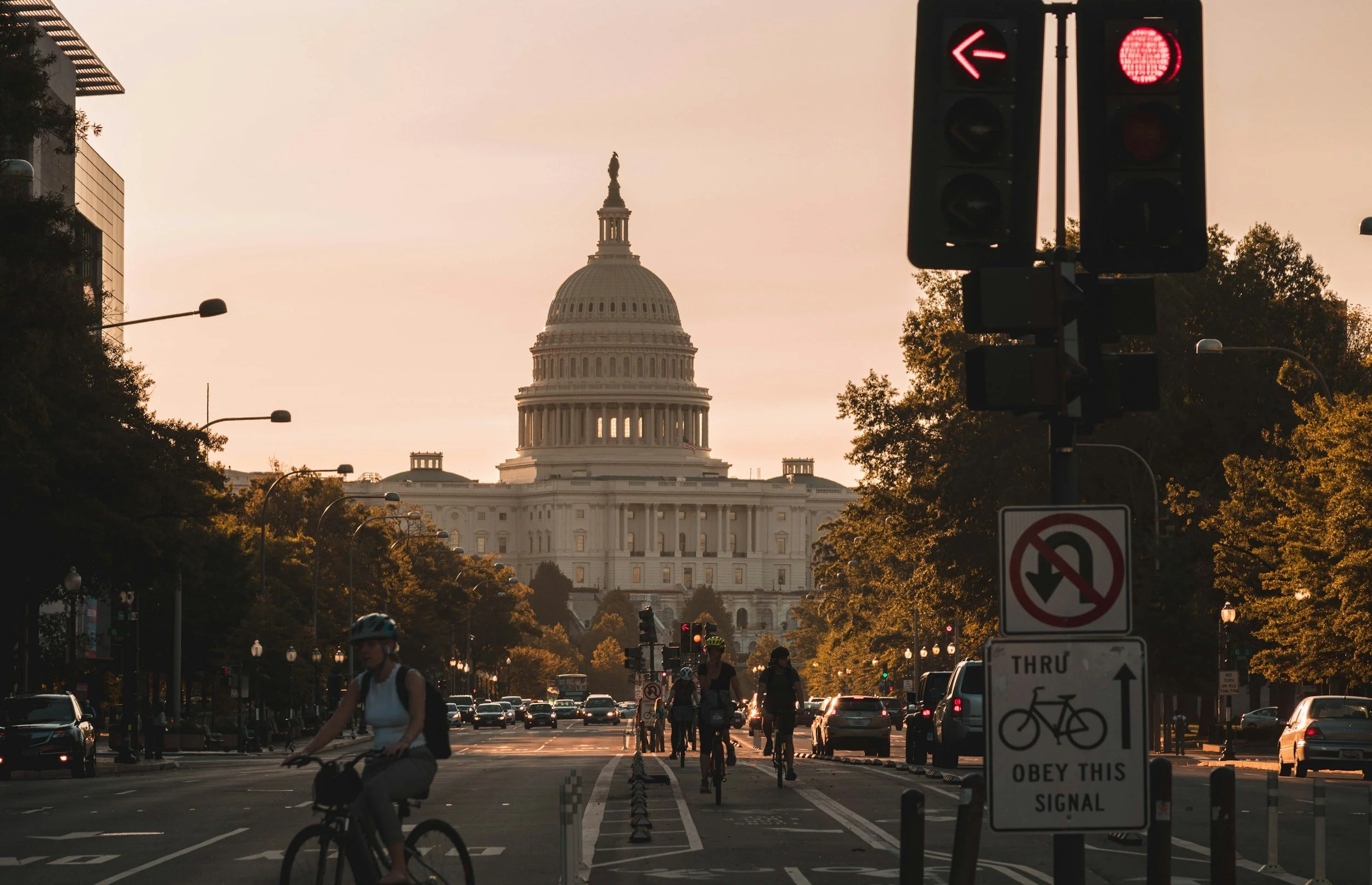
A festival can be anything
When you think of a festival, you may start begin visualizing thousands of people congregating outdoors in a major city to listen to the popular music of a given era, sponsored by Unilever’s latest macro-trend based offering. You may think of your town farmer’s market, soundtracked by a local band and catered by non-franchise food trucks. You may even recall Red Bull’s month long multi-venue music festival that sold several cans of Red Bull sometime during the 2010’s. Festivals can be completely virtual, like Fortnite collaborating with Marshmello, who according to Google is an “American DJ” and not a marshmallow (Confectionery), or the livestream of Condé Nast owned Pitchfork Music Festival. Is a popup event a festival? It is if you want it to be. Find some other businesses, brands or organizations, a location, and start collaborating on a festival of your very own.
Festivals are a fantastic way to build community and learn more about the businesses, brands and organizations in your community. No individual entity exists in a community alone, so collaborating on events is a great way to meet other business owners and community leaders, as well as offer your own community something fun and interesting to do. Your festival or event should be about community building, with the goal of having a positive impact. By providing your community a well planned event, with aspects of entertainment, information, commerce, and resources represented, your event can eventually become something regular (weekly, monthly, yearly, etc.) that people in your area look forward to and benefit from. If the event is a success, attendees will be more likely to remember your business, brand or organization.
You can create opportunity for entrepreneurs who are getting started on a new business or nonprofits who may not have the budget to do a lot of advertising. These are great aspects to planning events and booking vendors, because working together and collaborating is generally good for business. If you have a retail storefront, then working with a startup caterer for a mini popup food festival on one weekend day during your slow season may bring in more business for your storefront, while also providing a new business an opportunity to gain exposure to more new clientele. This is a win win, as the caterer isn’t a direct competitor to something like a boutique or retail store, and the storefront owner can get more foot traffic during a slow time.
Collaborating with nonprofits on events and festivals is another great addition, similar to collaborating with entrepreneurs. Nonprofits generally don’t have the budget to advertise a lot, especially if they are local specific. This is a problem, because nonprofits are generally good for a community, and more people should probably know about what they do and how to get involved. Baseline, if you’re having event the easiest thing you can do is to collect food, clothes, personal hygiene items, etc. from attendees to donate to your local food pantry. You can also think about your event’s activities and think of if a nonprofit could be a sponsor. Are you going to start inviting local musicians to play sets at your coffee shop? You could donate a percentage of drink sales from a specific menu item to a local music nonprofit and put their info materials on your counter. A collaboration doesn’t have to be too big of a deal or take much effort. If you can just get info about a local nonprofit in front of your customers for a day, that may start to make a difference over time.
Your festival can also be online and offline at once. According to Forbes, hybrid events are beneficial because “professionals can still go in person to network, interact physically with vendor booths and products and enjoy the atmosphere. On the other hand, people who cannot attend in-person or do not want to go in-person can still experience and access the event using their computer, phone or tablet. Furthermore, hybrid events allow companies to reap the benefits of both in-person events and virtual events.”
Your festival doesn’t have to follow what you think of when you think of big music festivals or state fairs. A festival can be anything as long as people show up. Free yourself to think of what you could plan within the parameters you have and get creative. Don’t get hung up on if you can’t get 5 food trucks to show up at your shop, what is something else that could be similar? You can’t find a musical act on short notice? You can find a good loudspeaker for just about what would be fair to pay a band for a day. Start where you can, and iterate as you plan more events. Learn from what works, and more importantly what doesn’t. A festival can be anything, what would yours be?
What is your business’ lifestyle?
Every business, brand or organization has a lifestyle, or a story that can be told to describe itself. Some businesses have an easily identifiable lifestyle, like a hotel or travel brand. Brands that are lush in experience can readily show what time spent at those businesses may be like. Businesses that are less focused on vacationer hospitality, and say tax preparation or other professional services, have a more challenging task when determining how to visualize the story of their brand. While difficult, telling a brand story about a hypothetical client success story about a business that is up to date on all of their paperwork, and how that business can now focus on their core operations. Every organization has a story to tell, a way to show how their operations work, and a community that it exists in. Even a vending machine exists in a place, and that place has a story, and people that live within it. Every business, brand or organization has a lifestyle and thus, a story to tell.
You may already be aware of lifestyle bloggers, or lifestyle social media influencers, or people who create content surrounding the life they live. Lifestyle bloggers or influencers generally work with brands to make content that promotes products and showcases how to use them. Lifestyle bloggers or influencers also typically rely on monetizing the audience that follows them, either through advertising, brand collaborations, sponsorships, or events. If you think of your business in the same way, you can start to think of how your business entity might tell these same stories. Are you a retail storefront? You can make the same how-to content about the products you sell that an influencer might make on their own. You can even hire lifestyle content creators to work with you on how to best create a brand lifestyle.
So what is your lifestyle? Think about your core business operations. What do you do and what industry are you in? Do you sell things, offer services to others, or are you a community organization? Where are you located, do you work online? Think holistically about your business, brand or organization and really zero in on what makes it what it is. Your business isn’t just a list of products, think about what people who shop at your store do with what they buy.
Now that you have an idea about what the lifestyle of your business, brand or organization is, you can begin to create content surrounding that thesis. Posting on social media is a great way to reach existing customers, social media platforms will also share your content algorithmically, heling you reach new people. Blogging is another great way to communicate with customers. Blogging helps you go a little more in depth on a subject than a social media post, and can also be shared by Facebook or email. Blog posts will also be indexed by search engines, so people can find your business when they search online.
Think in terms of campaigns or content franchises. A dentist can create a campaign about low sugar foods and post new recipes regularly. A bank could run a quarterly spotlight about their business banking clients, showcasing the successes and stories of their clients. The best content franchises can be run evergreen and are simple to understand. Don’t start by thinking you’ll do something daily or weekly, because you might find that it’s hard to generate that number of ideas while also running a business or organization.
You don’t need to be trendy in your communication or follow what lifestyle bloggers and influencers do. Stay true to what your business does, or what your operations are. By communicating to your customers through storytelling and valuable content, you will show that you know what you’re talking about, and if your business operates well, customers will return. Lifestyle content keeps customers engaged with your brand, because it gives people something to read, watch or listen to that is related to, or presented by, your brand, but not necessarily explicitly transactional, like only posting an image of a product and asking for people to buy it. When the time for a purchase decision arises, your business will be in you customers’ minds, because they have been engaging with your lifestyle content.
Lifestyle content and multimedia storytelling benefits from longevity. Stick to what works and adapt to what doesn’t. Pay attention to what your customers say and how they engage with your content. Monitor analytics provided from your social media or website accounts, and let them tell you where to potentially focus. Be regular, but don’t burn yourself out. After some time, you’ll begin to notice a depth and range to what you’ve been posting and your business’ lifestyle will start to be readily communicated to anyone visiting your online or marketing presence.
Every business, brand or organization has a lifestyle and a story to tell. Communicating in a way that draws customers in by showcasing your operations and community will go much further than simply stating what you sell. Show existing and new customers how your business operates, give people how-to’s or walkthroughs to inform them beyond a product listing, keep engaged with your local community and how your industry interacts with it, visualize a lifestyle for your audience and how what you sell will help them achieve it. Lifestyle content is simply showing people what your business does in a way that communicates more information than price and purchase. What is your business, brand or organization’s lifestyle?

































































